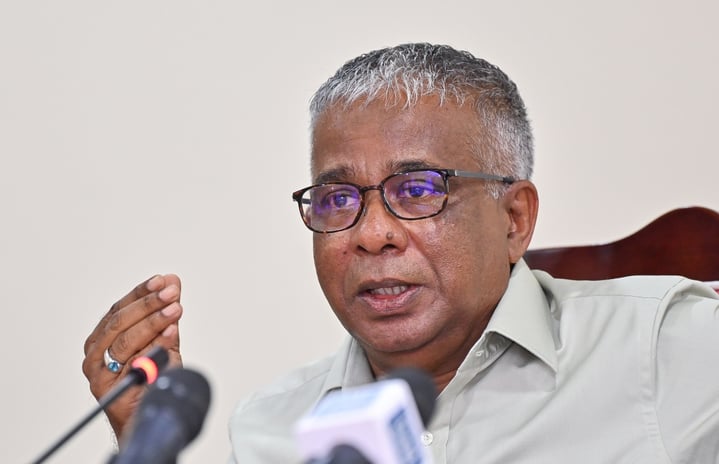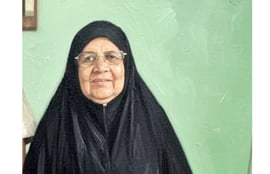High Court today has quashed the Criminal Court's order to seize the passport of former State Minister of Housing Akram Kamaluddin, citing violations of legal and judicial procedures.
Akram’s passport was seized under a Criminal Court order as part of an investigation by the Anti-Corruption Commission (ACC) into the allocation of land and flats under the Binveriyaa and Gedhoruveriyaa housing schemes.
His legal team filed a petition at the High Court seeking to overturn the order. However, the court initially ruled the case inadmissible, with the Registrar stating that the matter should be debated at the lower court.
Akram appealed this decision to a bench of judges, who ruled by a two-to-one majority that the Registrar had made an error in dismissing the case.
Therefore, it was decided to allow the trial to proceed.
High Court concluded that the passport seizure order had been issued in violation of judicial and legal procedures. As a result, the court ordered the release of Akram Kamaluddin’s passport.
High Court also quashed the passport seizure order issued against Mohamed Arif, former Senior Executive Director at the Housing Ministry.
Akram’s passport was initially withheld for one month from December 20 last year. The Criminal Court later extended the restriction for another month.
Akram has said that his passport was seized and the restriction extended without him being questioned during the investigation.
ACC is investigating claims that individuals were included in the Binveriyaa and Gedhoruveriyaa housing lists in violation of regulations, with documents issued by officials of the previous administration. Six individuals have been questioned in connection with the case.
Akram and Arif were both senior officials in the special committee responsible for allocating land and flats under the former government. The ACC is preparing to forward the case to the Prosecutor General’s Office for prosecution.
The housing project, launched under former President Ibrahim Mohamed Solih, was aimed at providing housing for those residing in Male' for over 15 years.
However, the ACC found that only 20 percent of the initial 4,000 flats were allocated through the Housing Ministry.




